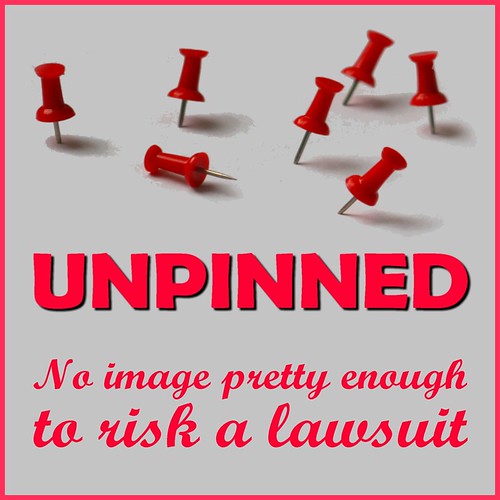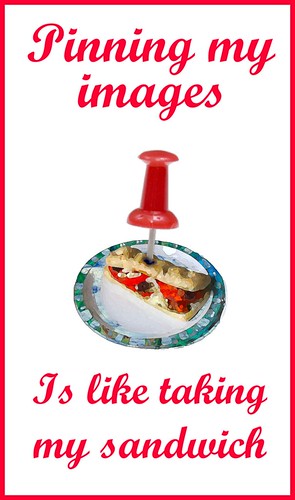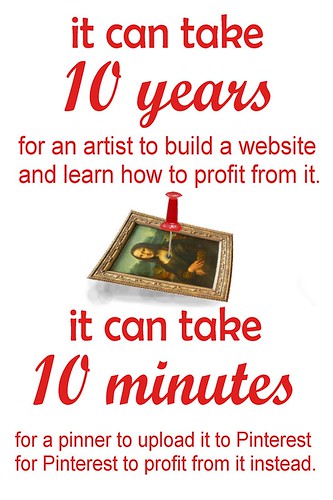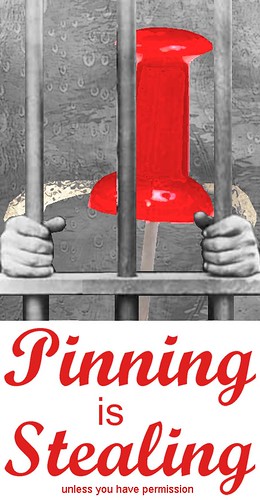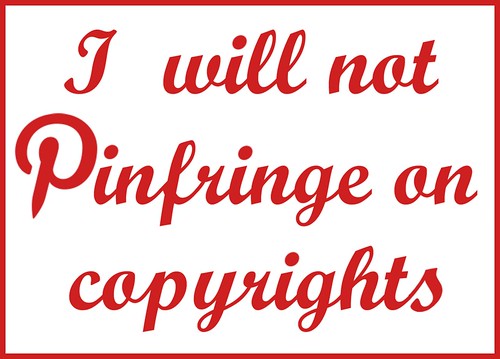The comments to the rather toothless rebuttal article A WSJ Intern Replies To An NPR Intern’s Viral Post on Music Piracy are more revealing than the article itself. While one commenter bemoans, statistics in hand that
"[...] recorded music has gone from a $12B business in 2001 to a $6B business in 2011. About 35% of that 19% is 7900 Petabytes which was 11 billion movies consumed that people didn’t pay for. That is why Home Video has gone from a $26B business to an $18B business. Pirate Bay is the 81st most popular web site, more popular than Netflix and way more popular than Spotify. ISPs made $50B in 2011 selling a service that comes with free music, free movies, free software, free games and free books. the solution is for ISPs to obey the law and terminate repeat infringers."another commenter adds, taking a completely different angle:
It’s not because we’re poor, we’re just living in a high speed world where we want access to EVERYTHING… EVERYWHERE and it’s services like iTunes, Spotify and Pirate Bay (listed in descending order of benefit to musicians) that are providing us with that.[...]This will cause a total lull in musical creativity, inspiration, originality and general interest in music until the industry devolves into being a totally non profitable market for anyone because no one will care to consume it anymore. It’s bleak, man.Interestingly, a more robust rebuttal of David Lowery's piece on Boing Boing has elicited some angry backlash... against the rebuttal itself:
"The issue, for me, isn't whether millions of hobbyists can squeeze out $100 a year while technology companies skim millions from the transactions, but whether a professional class of musicians, artists, writers, filmmakers, etc. can still exist in this country."
"Morrison posted an opinion that "we shared music when it was casettes". And then didn't bother to inquire whether the amount of sharing in any way equated to digital sharing."From the camp of "Love The Art, Hate The Artist":
"Do you know any musicians who make music only for money? I don't. They make music because they can't stop themselves from making music. And they have day jobs."
"Quit these pretentious things and just punch the clock."
"If you want to sing, sing. But, for God's sake, stop complaining about how you're being oppressed because the rest of us don't want to support you while you do it."
"It's been coming for awhile. Musicians have officially become boring."
"The free content crowd doesn't value artists. And they're nasty about it too. Nicely done."Until Pinterest came along, graphical content was largely untouched by piracy. Ben Silbermann has found a way to tap into this poor cousin of "sharable content" with a platform geared towards the hoarding of third-party digital images by its users, adding a further leaching of creator's copyright with an embed feature that is little more than a gateway to a hotlinking free-for-all of this infringed content.
What is the adaptive path for visual artist with respect to their partnership with the internet?
REDUCE CONTENT. Reduce definition. Reduce size. Reduce availability. Institute a pay-per-view. Charge for website access. Educate the masses.
We may be fighting Pinterest now; tomorrow, we'll be fighting hundreds of Pinterest clones.















